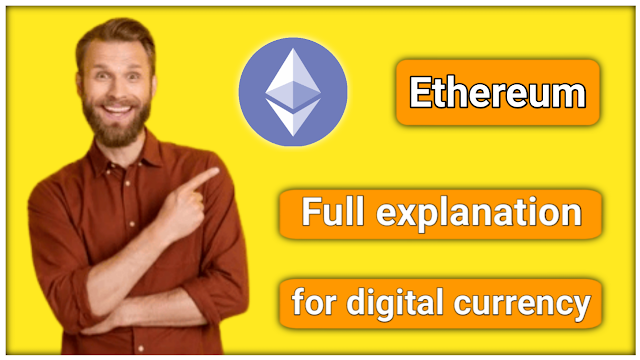"The Power of Ethereum: A Comprehensive Guide to the Decentralized Blockchain Platform and its Native Cryptocurrency Ether"
Ethereum is a decentralized, open-source blockchain platform that enables the creation and execution of smart contracts and decentralized applications (DApps). It was proposed by Vitalik Buterin in 2013, and the network went live on July 30, 2015.
Ethereum's native cryptocurrency is Ether (ETH), which is used to pay for transactions and computational services on the network. Ether is currently the second-largest cryptocurrency by market capitalization, after Bitcoin.
One of the key features of Ethereum is its ability to create and execute smart contracts. Smart contracts are self-executing contracts with the terms of the agreement between buyer and seller being directly written into code. This eliminates the need for intermediaries and reduces the risk of fraud, as the contract is transparent and cannot be altered once it is deployed on the network.
Ethereum also allows developers to build decentralized applications (DApps) on top of its blockchain. These DApps can be used for a wide range of purposes, such as decentralized finance (DeFi), gaming, social media, and more.
One of the most popular use cases for Ethereum is decentralized finance (DeFi). DeFi applications allow users to access financial services without the need for intermediaries such as banks. This includes services such as lending and borrowing, trading, and investing.
Ethereum's network is secured by a consensus algorithm called Proof of Stake (PoS), which incentivizesusers to hold and stake their Ether to validate transactions and earn rewards. This is in contrast to Bitcoin's Proof of Work (PoW) consensus algorithm, which requires miners to solve complex mathematical problems to validate transactions and earn rewards.
One of the challenges facing Ethereum is scalability. As more DApps are built on the network and more users interact with them, the network can become congested, leading to slower transaction times and higher fees. To address this, Ethereum is currently undergoing a major upgrade called Ethereum 2.0, which will introduce several changes to the network, including a transition to a Proof of Stake consensus algorithm and the implementation of sharding, which will allow for greater scalability.
In conclusion, Ethereum is a powerful blockchain platform with a range of use cases, from smart contracts to decentralized applications and decentralized finance. Its native cryptocurrency Ether is the second-largest cryptocurrency by market capitalization, and the network is undergoing a major upgrade to address scalability issues and improve its capabilities.
 Reviewed by Ahmed Ali
on
May 25, 2023
Rating:
Reviewed by Ahmed Ali
on
May 25, 2023
Rating:



No comments: